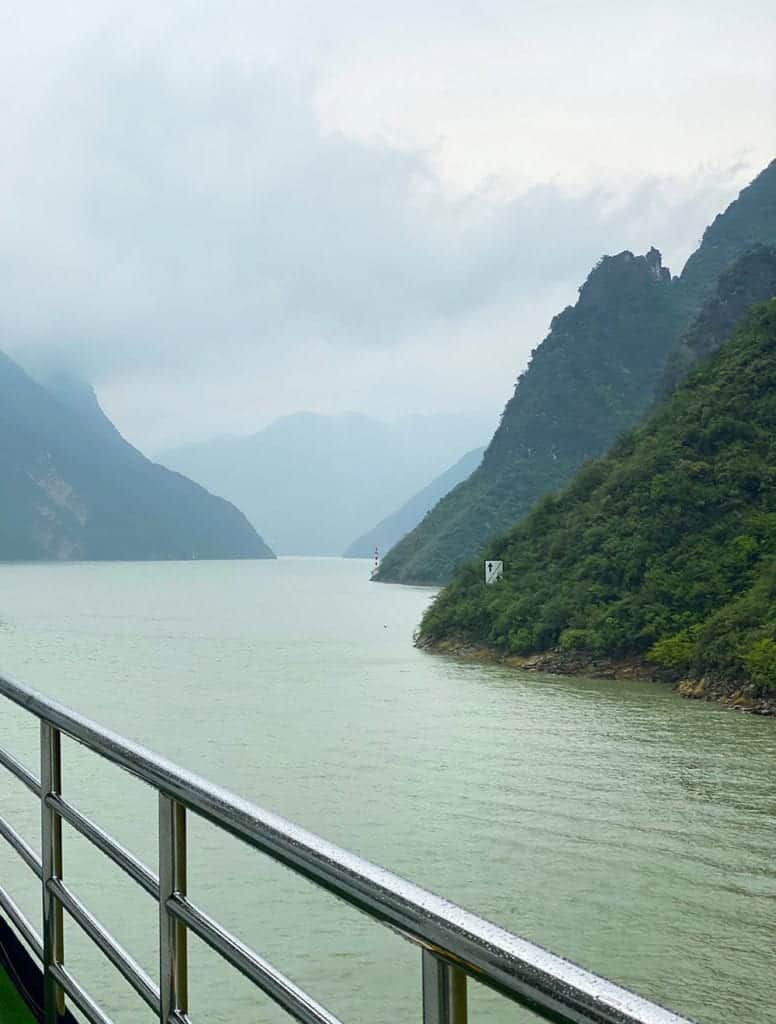While no one’s travelling to China right now, due to their interminable Covid elimination strategy keeping everyone locked down, if you’d like to go in the future, here are some things to know before you go.
I took a tour group there in 2019 and it was really amazing.
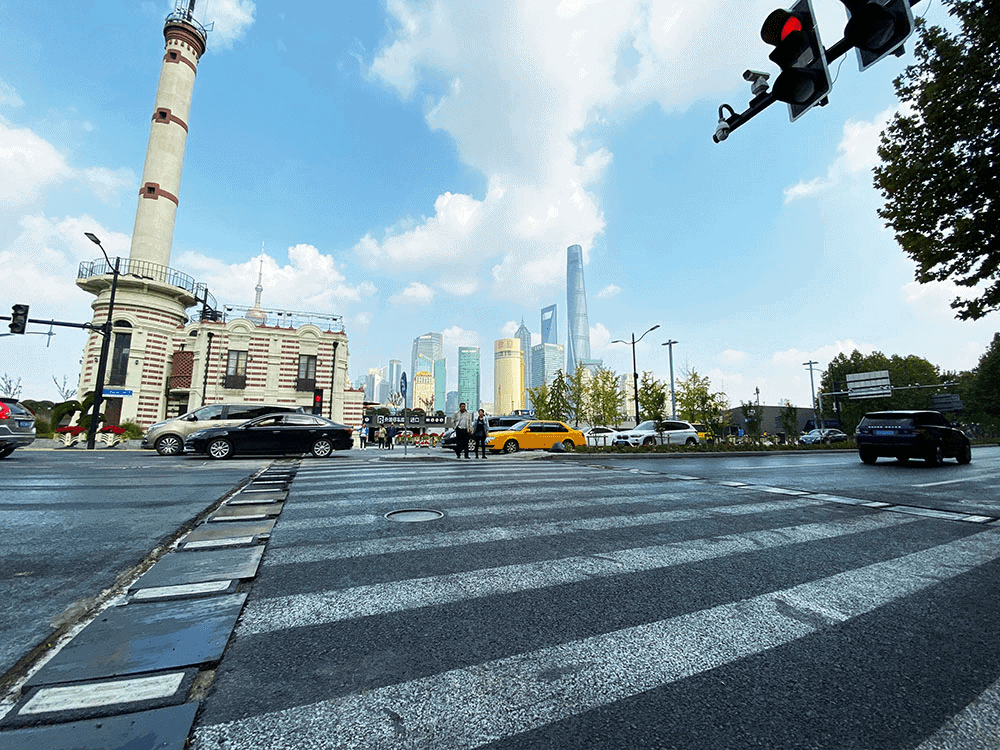
I have visited China three times and honestly, I’ve barely scraped the surface of all the incredible things to do and see in this vast country with a history that stretches back so far you can see artefacts that are older than Jesus.
But one thing is true, there are some very important things you need to know if you’re planning to visit China, so I’ve got you covered!
China is SO old – and so new!
China is breathtakingly old and at the same time shiny and new. You can see artefacts in museums that are up to 3000 years old, then go to cities like Beijing and Shanghai and you’ll see skyscrapers and shopping malls that have been built last week and the Maglev (magnetic levitating) train that is so fast you literally will blink and miss it.
AI technology is huge (more on that below), solar and hydro power are big players, bullet trains and tuk tuks whiz and tootle along in the same town.
But the history and culture of China is what people come here for, and as this country is so so huge, you could live here for ten years and never see it all.
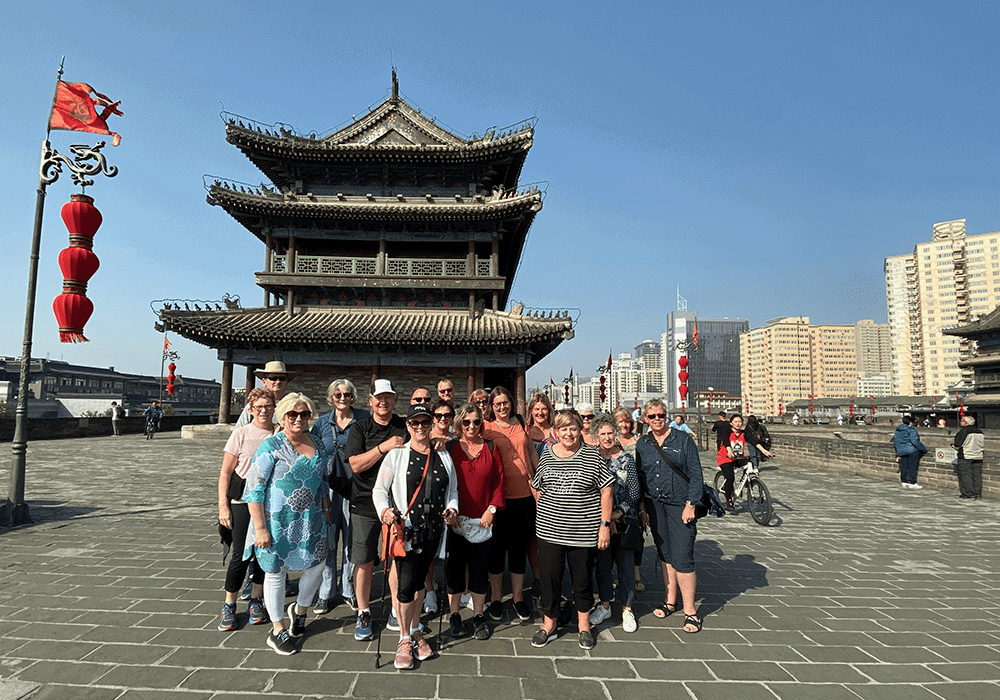
My 25 best tips for travelling to China
1 Getting a visa for China
Good news: if you are visiting for less than 144 hours (six days) you now no longer need a visa for China. This is great news for those of us who just want to dash over for a bit of shopping and was increased from three days in 2019. Visas for China are expensive ($140), so a good thing to note.
The other thing to be aware of is that if you are visiting another country, then coming back to China to take your flight home or continue on with your travels, you’ll need a multi-entry visa. Don’t get caught out! More on passport and visa requirements for a bunch of countries in this post.
You will need to get your visa from the local Chinese embassy in your country and provide your passport and a photo that they will use on the visa stamp. Allow at least two weeks for this process (it will vary by country).
2 It’s very crowded in China!
Over 1.4 billion people live in China with 21 million in Beijing and 24 million in Shanghai! Consequently tourists are mainly Chinese people from other parts of the country making a pilgrimage to these great cities. If you are a westerner you’ll be quite the celebrity and can expect people to surreptitiously take photos of you, or even come up and ask for a selfie with you!
But what that also means is it’s very crowded in China. People also rarely make eye contact. In fact that was something one of our local guides pointed out. People just get on with getting to where they’re going. They will bump into each other – and you – and not even notice. Yet remarkably there are very few road accidents. They drive calmly, albeit pulling in and out in front of each other with nary a toot of the horn.
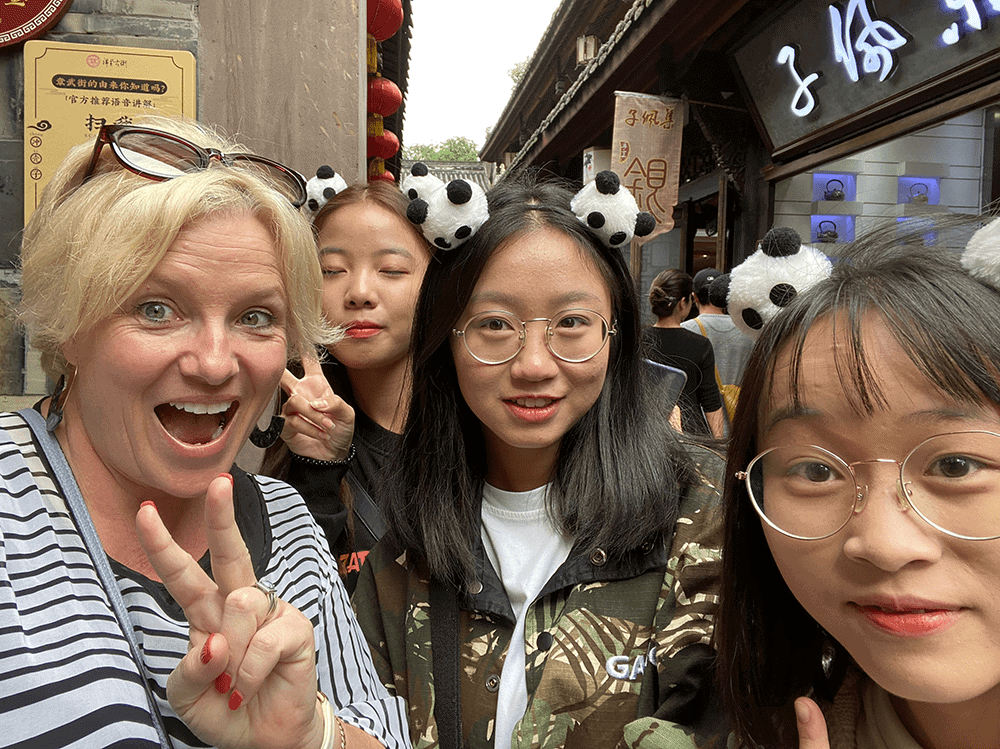
3 China is so cheap!
I was pleasantly surprised to find a lot of things are very cheap in China. Hotels are way cheaper here than in the west. We’re talking 4 and 5 star hotels with huge bedrooms and en suites for less than $200 per night. The food is delicious and affordable, and I mean at the restaurants not just the street food – which is well worth trying by the way. Of course you can haggle at markets when buying local goods, but not at malls or food outlets.
4 China time zones
This is a fascinating fact you might not know: China has one time zone, even though the land mass stretches across five geographical time zones. That means that at 7am it was nice and light in Shanghai, but still dark 1300km west in Xi’an – and that’s only a third of the way across this massive country!
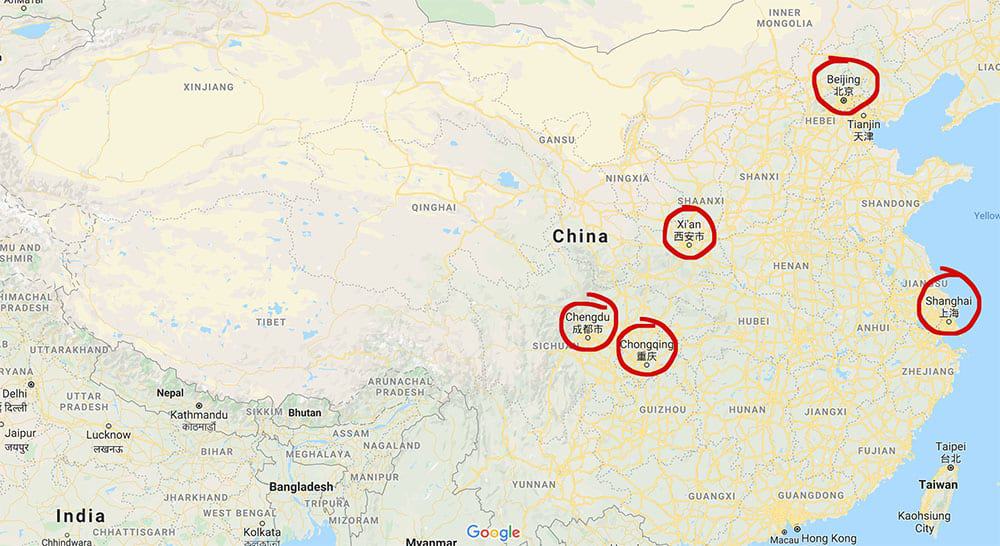
5 Cell phone coverage, internet and VPNs
If you plan on using the internet in China, you should buy a VPN. A VPN (virtual private network) allows you to log in to a server in another country and bypass the Chinese government’s censored sites.
Sites that are blocked include Facebook, Gmail, Google maps, Instagram, Twitter, You Tube, and more that I probably haven’t tried to access. Oddly sometimes you will find you can get on these sites, but maybe the person standing next to you can’t, so definitely don’t rely on getting access without a VPN.
But make sure you purchase your VPN before you get to China, as you won’t be able to access companies that sell them while using data roaming in China (or your hotel Wifi). I wrote this post on how to go about sorting out a VPN subscription.
Another note: since I was here in 2018, Apple have changed their usage of VPNs while using your iPhone to hot spot. After some research of various forums I worked out it seemed to be an iPhone problem and upon further investigation, it seems Apple has changed their settings. I had to use a friend’s Samsung and her VPN to hot spot so I could work on a Facebook campaign I needed to set up on my laptop.
If you want to look at Nord VPN, you can use my affiliate link. That means if you decide to purchase, I will make a small commission at no extra cost to you.

6 Download WeChat
If you’re going to be in China for a while, you might want to use WeChat. Although you’ll need a current user to validate your account, so unless you have a friend at home who is already a member, you may have to wait until you are in China to activate it. WeChat is used to message, to pay for goods and as search engine – because Google doesn’t work in China…
I personally downloaded it last year, but the app expires if you don’t use for several months, and I didn’t bother to use it again. It’s really helpful if you need to communicate with people within China, like WhatsApp, but otherwise, just contact each other via WhatsApp or roaming texts on your VPN.
For a full list of the best apps for China you’ll want to check this post out.
7 What currency do I need to take to China?
You’ll need to bring the local Chinese currency, the yuan. Or RMB which is what you can look up for exchange rates. They don’t accept other currencies and don’t expect to find ATMs everywhere to give you local currency. For my last two-week trip, which already had the hotels and meals pre-paid, I brought the equivalent of NZ$500 with me, which was about 2000RMB. I drew some more out from an HSBC bank ATM in Shanghai – for my shopping!

8 Can I use credit cards in China?
You won’t find many places that take international credit cards, so prepare to pay cash – or WePay (via WeChat). On saying that I found that some tailors in the fabric market took my MasterCard (it was a large order! About NZ$400), so the places set up for tourism are more likely to accept them. It pays to ask before you make your purchase so you can decide whether those glasses you’re having made (about $100 for multi-focal lenses) will take all your cash or not!
9 There are cameras everywhere!
How does a communist government keep 1.4 billion citizens in check? Why AI of course. There are cameras everywhere using facial recognition, and consequently not a huge presence of police. But you’ll see no graffiti, no slashed tyres or broken bus shelters, no violence. If you even beep your horn in Shanghai the cameras will train on your vehicle and you’ll be sent a ticket!
I felt very safe as a tourist in China because of this and crime is indeed very low.
10 Using the toilet in China
Ok, I’m going to be frank here. Expect to squat! Even at toilets in airports, shopping malls and restaurants.

Here’s how to use a squat toilet:
the technique is put your feet either side of the pan, facing the door and to squat low. As low as you can go. Almost with your bum on the pan – well not quite! This position actually takes the pressure off your thighs and is quite comfortable once you get the hang of it. However if you have knee problems you might find yourself “cast” and struggle to get up again!
I had one lady on my last tour who vowed that she would never squat, and we’re all delighted to report that she managed to find one sit-down toilet everywhere she went. So yes, it is possible to sit!
Bring your own toilet paper though. In some loos you will find paper to grab before you go into the cubicle, but most often not. I carry small packets of tissues in my bag everywhere in China. And hand santizer too! Note that you cannot put the toilet paper down the loo either, you’ll have to place that in a bucket beside you. I know. There are some things I can’t un-see. Just get on with it and exit as fast as you can!!
And on a side note, one of our local guides explained how families living in shared housing blocks do it: they all sit side by side, greeting each other and doing their business together. Whaaaaat!
11 Why do they spit in China?
My head nearly swivelled off my neck when a nicely dressed lady did a huge loud hoick in front of me and fired the phlegm into a rubbish bin. Spitting is quite normal here – and at least she used the bin. But then Chinese people think blowing your nose into a hanky and putting it back in your pocket or handbag is gross, so yeah. Both are gross really.
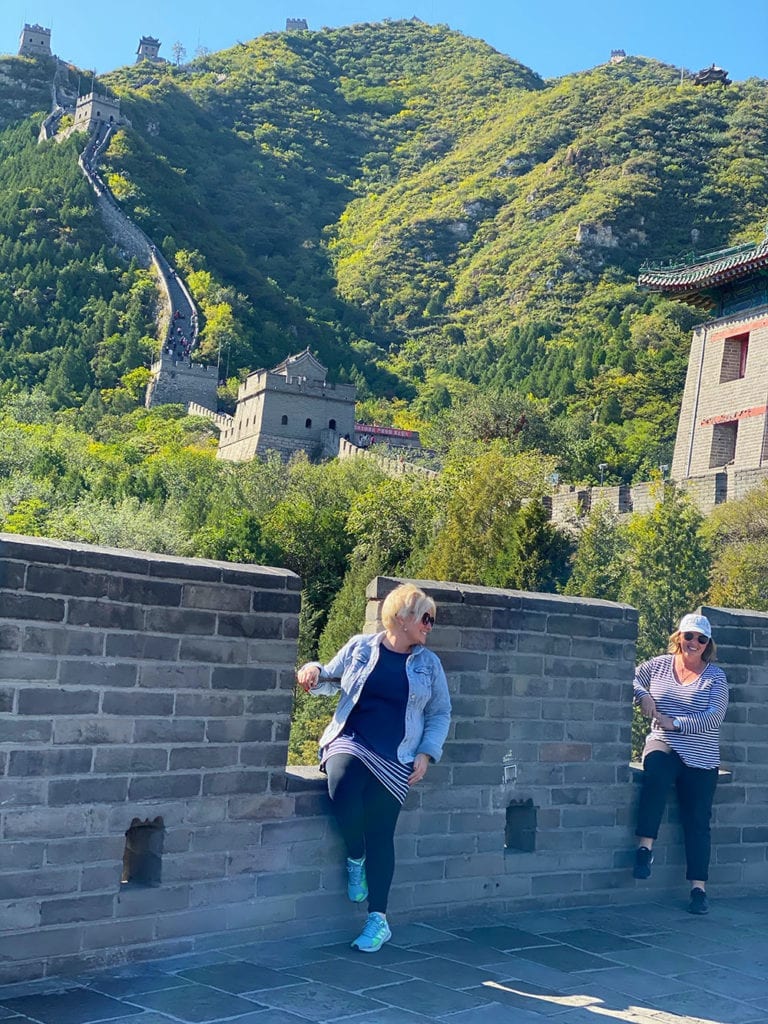
12 Don’t drink tap water in China
Hotels will provide bottled water, and most will be complimentary. I found it fine to brush my teeth with tap water, unlike in Bali where we were warned not to even brush our teeth in tap water, but be sure to drink bottled water. Bars and restaurants will also buy ice that is made from bottled water, so you don’t need to worry about that. (Of course there’s always exceptions!)
13 Taking a tour to China
Getting around in China, where English is not widely spoken, is quite difficult. Not impossible though and if you are an independent traveller and up for the adventure, you might enjoy the process. But for me, I would prefer to be part of a tour or at least have a local guide with me if I haven’t visited those places before.
There are plenty of day tours, half day tours, and even full two-week tours of China, which is what I lead, that will take the hassle of figuring out the language and getting from A to B for you. As soon as my 2020 China Tour details are released I will add a link here.
Here are a few tours to give you some ideas. *Note, if you book with Get Your Guide they will pay me a commission, at no extra cost to you. Thank you!
14 How to get around in China
Taxis: As I mentioned above, I didn’t find China to be very expensive and that includes taxis. If you can’t be bothered walking 20 minutes to the Bund from your hotel for dinner in Shanghai (for example), a taxi will cost about 20RMB (although they tried to charge us 80RMB on the way back and we protested so strongly we nearly leapt out of the moving car. Our driver, while speaking very little English, quickly negotiated 40.
High speed trains: I loved getting from city to city by high speed train. We zoomed from Beijing to Xi’an (about 6 hours) with top speeds of around 300kph, then Xi’an to Chengdu and again to Chongqing. The countryside is fascinating (see next point!) and you can walk around, get some food from the cafe. Although I would suggest you take your own, as it’s a bit weird!
The train stations are huge and modern and your luggage and all bags (and yourself) will be x-rayed as you enter. We were worried we might get our decanted gin in water bottles removed, but luckily we didn’t! I think this is quite hit or miss. Maybe liquids will be confiscated, maybe they won’t.
There is very little luggage storage space on the trains and as there were 18 of us, we tried to get in first and load them up in the spaces, with more above our heads.
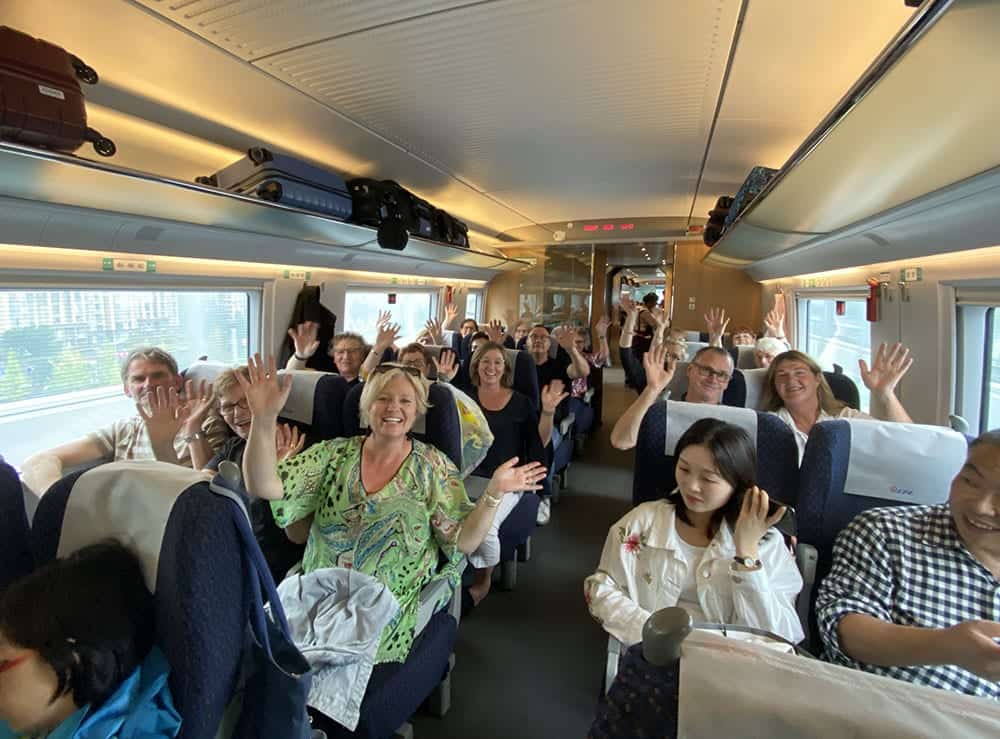
15 Weird sight: Thousands of empty apartments in the countryside
This was the most fascinating thing about our train rides, these high rise cities with not a soul in sight. Known as Ghost Cities, I was stunned to see so many skyscraper apartment buildings with literally thousands of units. They were apparently built to help spread the population from the cities, but no one has moved there. We were also told they don’t have infrastructure like schools or shopping centres, so it’s kind of obvious why the people don’t move hours from the nearest supermarket!
16 They exercise in parks – every day!
I actually love this about China (and many other Asian countries). In the mornings mainly retired people come to the parks and take part in dance classes, exercises and in one particular park we visited in Beijing there was work-out equipment free for public use.
Have a look at this video of a man swinging on the bars. He must be about 65 years old!
17 A few basic words to know in Chinese
It always helps to know a few basic words when you travel, so make a note of these words:
Ni hao = hello
Xie xie = thank you
Zai jian = good bye
Dui = yes
Bu = no
Duo shao = how much
For a list of 80 helpful Chinese words, check out this post.
18 Use a translation app
If you download a translation app onto your phone, you’ll find it easy to get what you want, from dumplings to toilets! In fact you’ll also find some vendors will get you to ask your question into their phone which will translate it for them, then they’ll use the app to speak the answer and play it back to you in English. Magic!
We did have a laugh at a few of the signs in English, but this guy’s jacket was the best! We think he thinks it means Be Awesome 😀
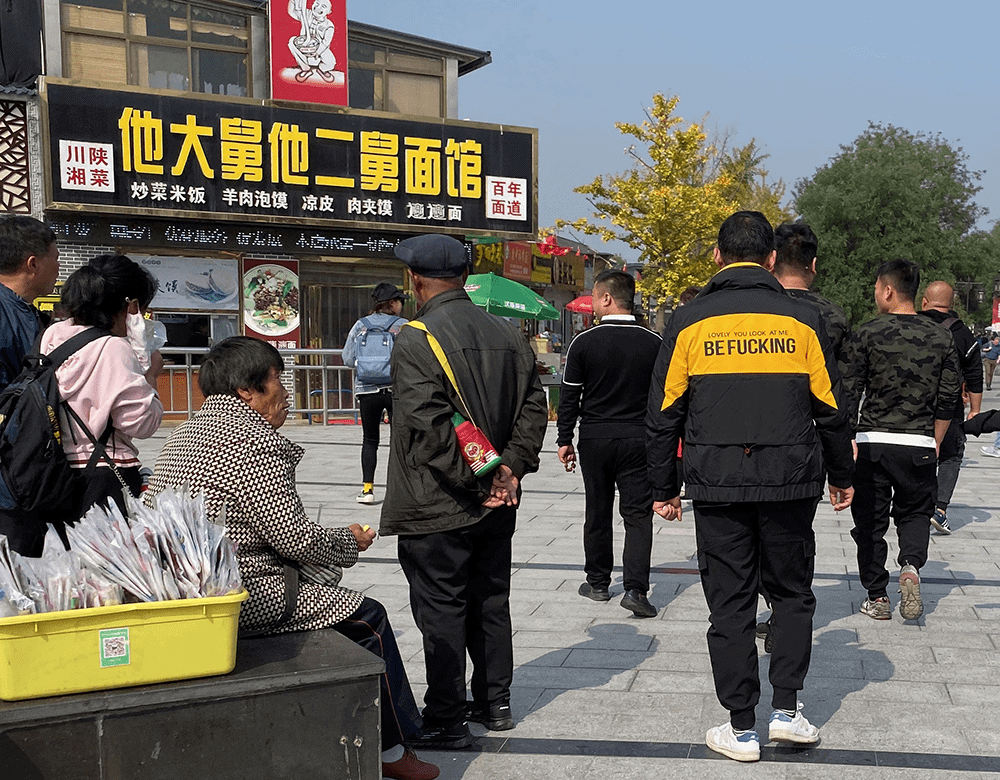
19 Must-try food to eat in China
- There are regional cuisines like Sichuan province which is known for spicy food.
- Dumplings vary by region too. My favourites are the shao long bao from Shanghai which are made with soup stock and the meat all wrapped in a teeny dumpling parcel. You need to know how to eat them too, lest you burst the boiling hot soup up your nostril.
- Peking duck is the signature dish in Beijing (formerly Peking) and is served whole, roasted and glazed then sliced up and eaten in little warm rice paper wraps with hoisin sauce and garnishes.
- Kung pao chicken is one of my favourites, and I’ve even taken a cooking class in Shanghai where I learned to make it!
- Rice is a filler and not usually eaten with the meal, but at the end if you are still hungry
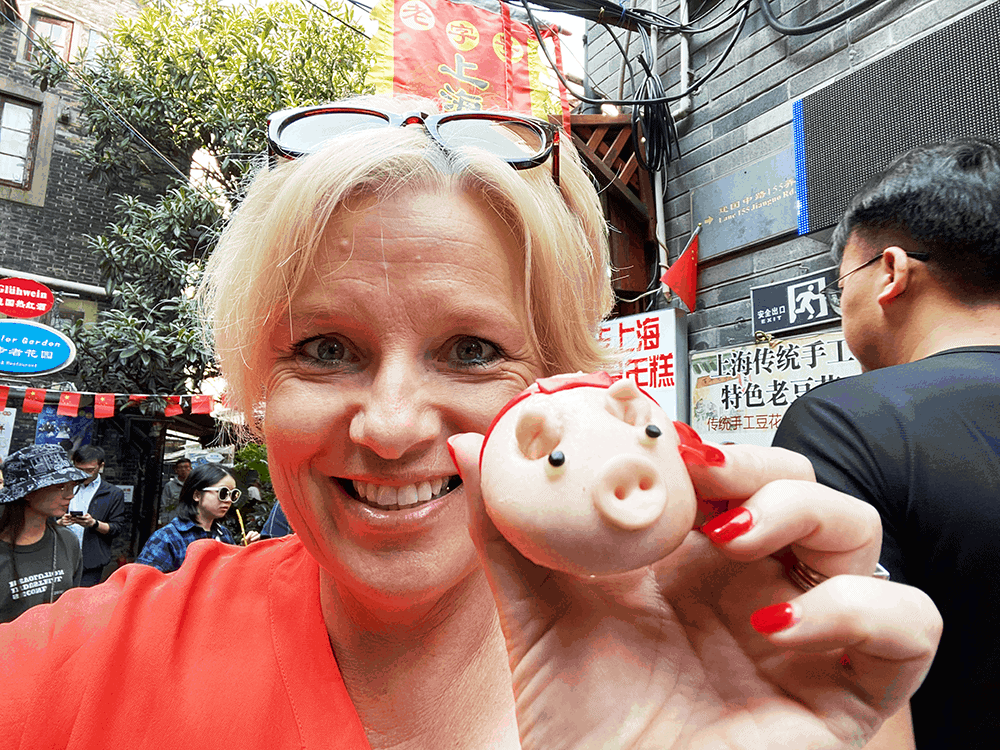
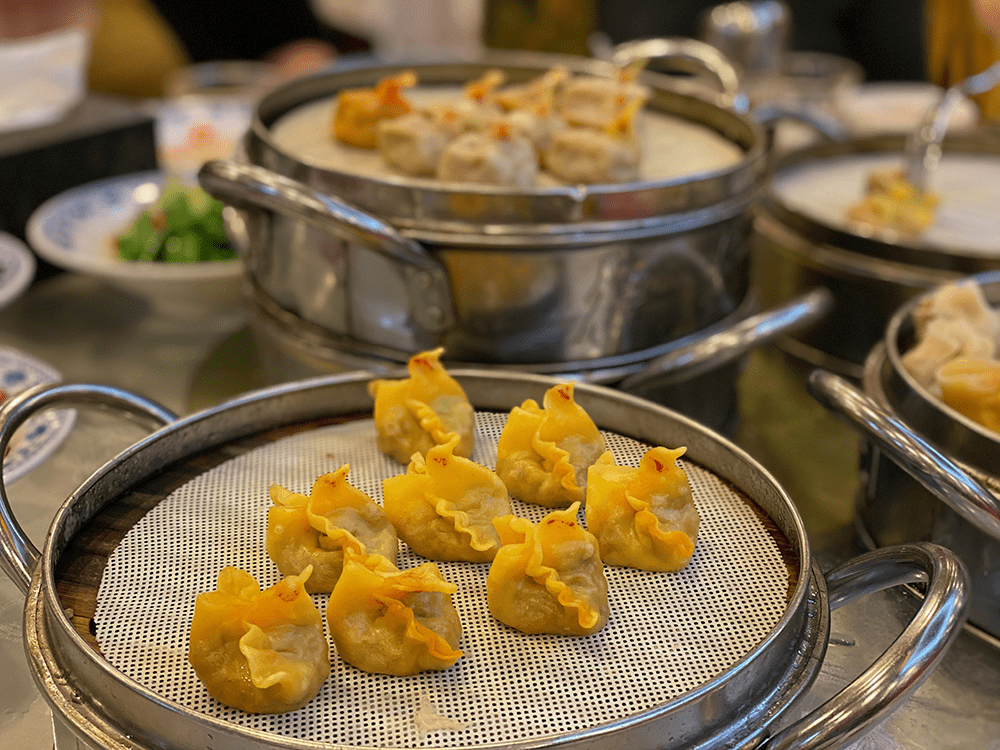
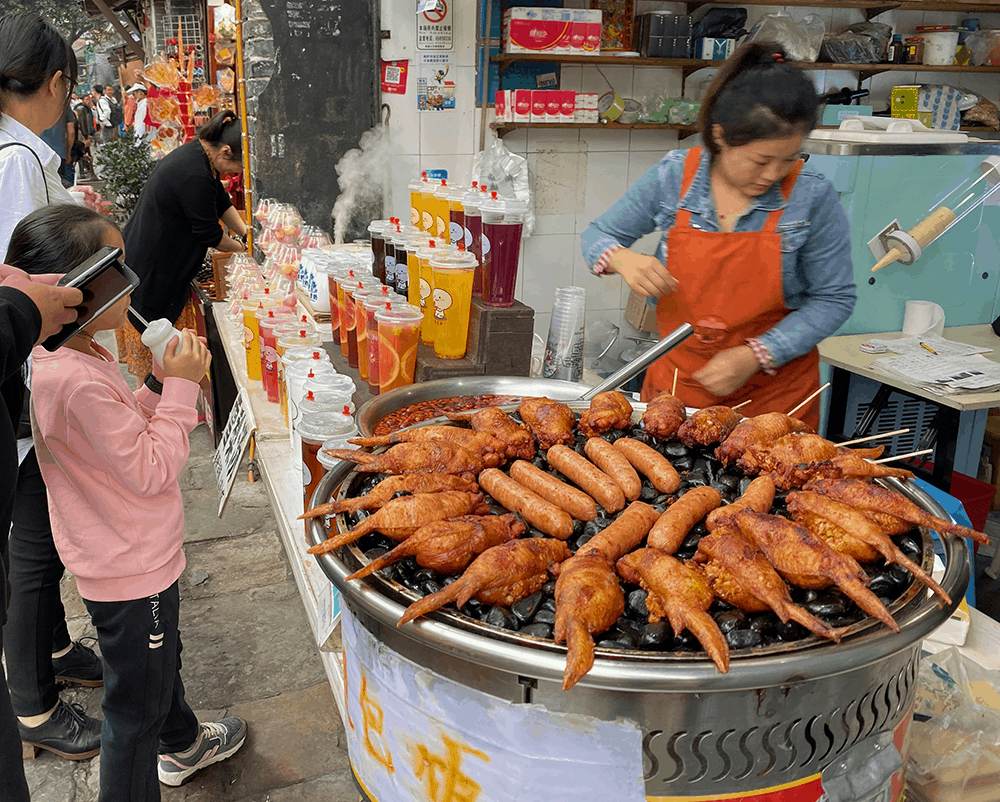
20 Do I need to tip in China?
The short answer is no. In fact in some cases they may be offended if you leave money on the table.
21 What is the shopping like in China?
Shopping in Shanghai and Beijing is great! I didn’t spend much time shopping in Beijing, but I booked a two day shopping tour in Shanghai (I’d done it before with Shanghai Shopping Tours) and this time I was well prepared.
I had multi-focal glasses made (about $100) and six tops from a great vendor at the Fabric Market.
Read more about my shopping tour in Shanghai here.

When to haggle and when to pay full price
While you are expected to haggle for a good price in markets (they say to start by offering less than half of what you’re quoted) I have a slightly different take. As I’ve said above, things are cheap in China and sometimes when you’re trying to get an extra $5 off or you’ll walk away, we need to remember that you’d think nothing of dropping $15 on a cocktail later. I like to consider the vendor when I’m bartering and if I pay a few yuan over the best price, I can live with that.
See my post on how to haggle to ensure you get a bargain.
Buy knock offs at your own risk!
The Chinese government is clamping down on the sale of fakes, so buy that Kate Spade handbag at your own risk! To be honest, my sister did buy one and she had no problem, but I recently heard of a woman who was detained in Shenzen from Hong Kong after going to a mall that is known for knock-offs, buying a bunch of handbags and having all confiscated and paying a fine.
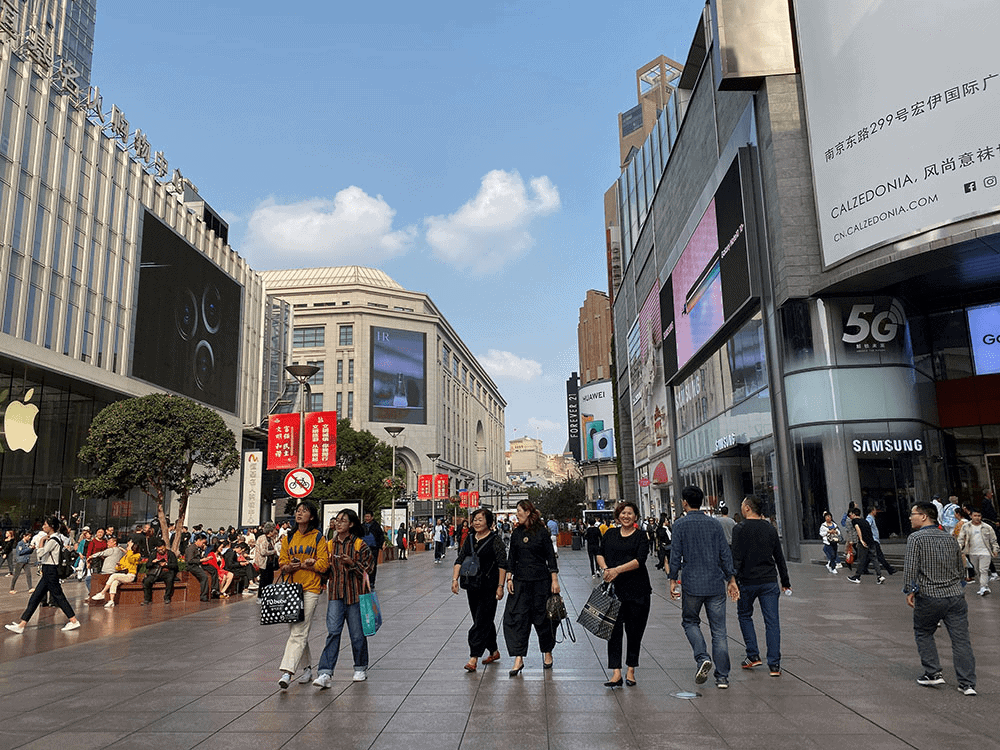
22 Can I buy alcohol in China?
You will find plenty of shops selling beer and spirits, but you won’t easily find wine. And any wine you do find will likely be horrid. We took bottles of gin duty free from home and bought cans of tonic each day – which wasn’t as easy to find as we thought actually. If you like rum and cokes, that would be a lot easier!
23 When is the best time to visit China?
Remembering China covers five international time zones and stretches thousands of kilometres north to south and east to west, the weather is going to vary greatly. It gets very cold here in winter. Like down to -8˚C (17˚F) and even less overnight. It also gets really hot in the summer, like high 30˚Cs (100+˚F) – which is exhausting, especially because you walk so much when you travel! For more specific info about weather in China, read this from ChinaHighlights.com
But another very important thing to consider about when to visit China is holidays. You think it’s crowded on a regular day? Don’t even think about visiting during Chinese New Year (late January to early February), or Labour Day (which runs for five days from May 1). Avoid National Day (first week of October) as many businesses will be closed and loads of Chinese travel with their families then. Early July to late August is also Chinese school holidays, as as well as being hot, it’s also busy.
Personally I took a tour to China from mid to late October in 2019 and will do the same thing again in 2020 as that’s the best weather for my liking 😀
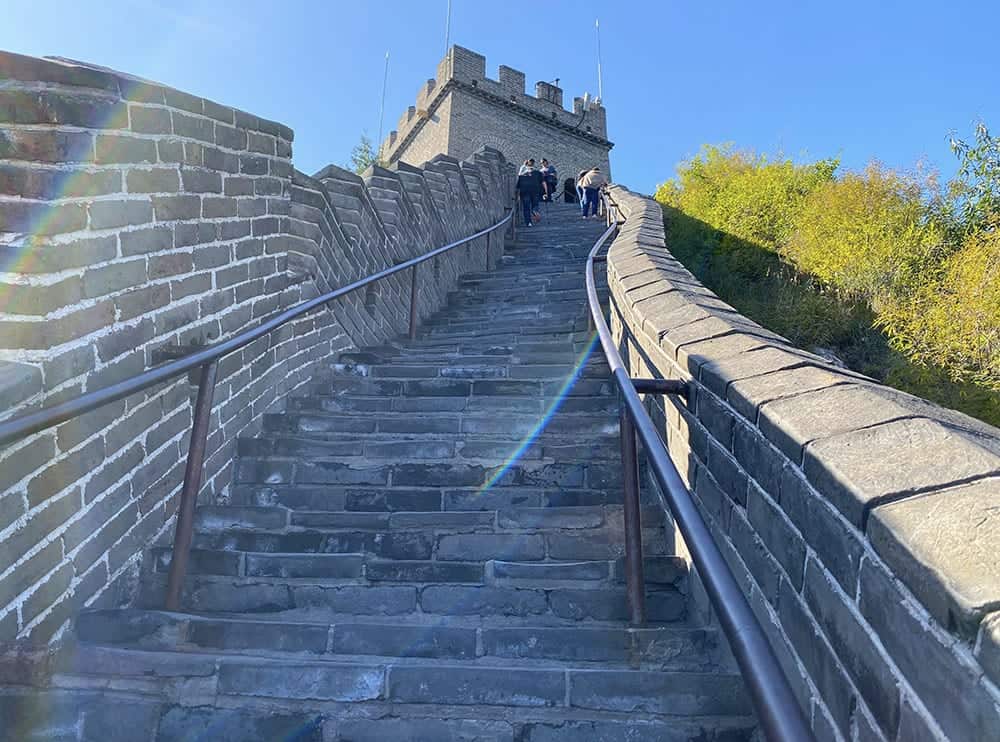
24 Don’t forget your travel insurance
I never travel anywhere without travel insurance and insist people who join my tours also take out insurance as the cost of needing medical attention, let alone having to cancel your trip because you break your leg before you even go (it happens!), or any other calamity, is too risky.
Get a free quote from World Nomads for travel insurance and also have a look at CoverMore to compare their policies. *Affiliate links
Other highlights of China
In the three visits I’ve made to China I have walked on the Great Wall outside of Beijing…
Visited the Terracotta Warriors in Xi’an …

Seen the cute pandas in Chengdu …

And taken a short 3-night cruise on the Yangtze River…
